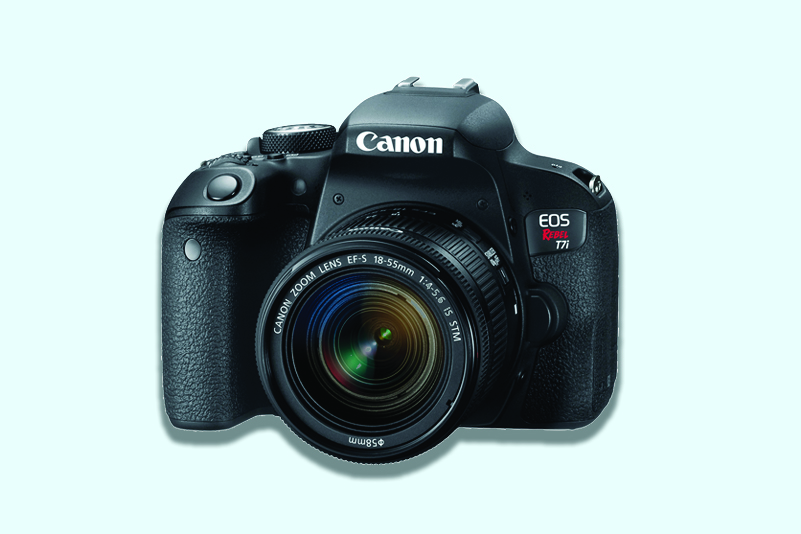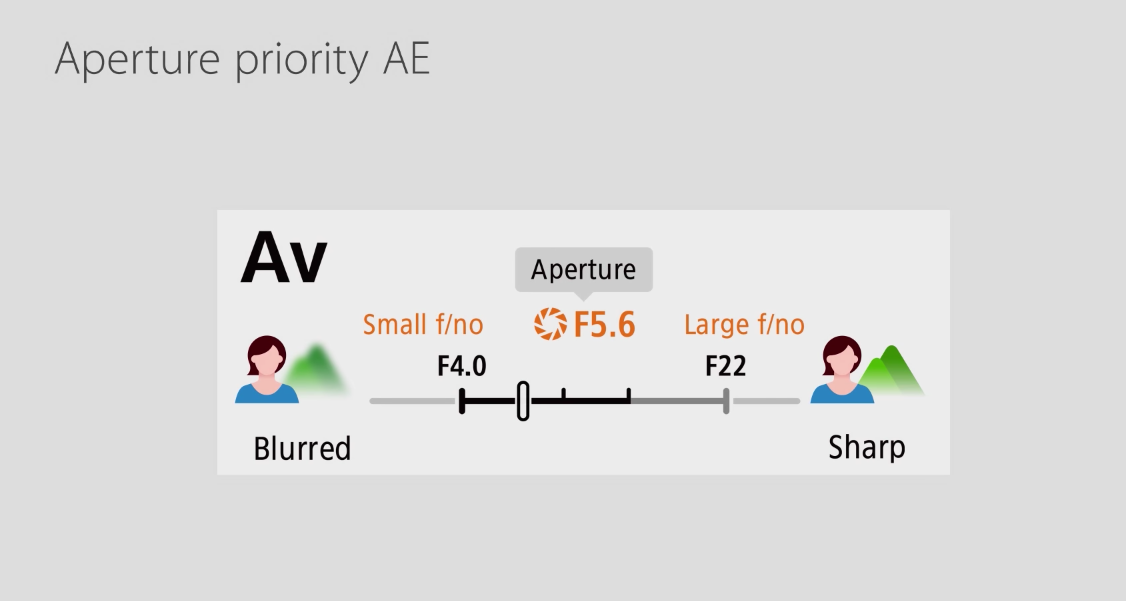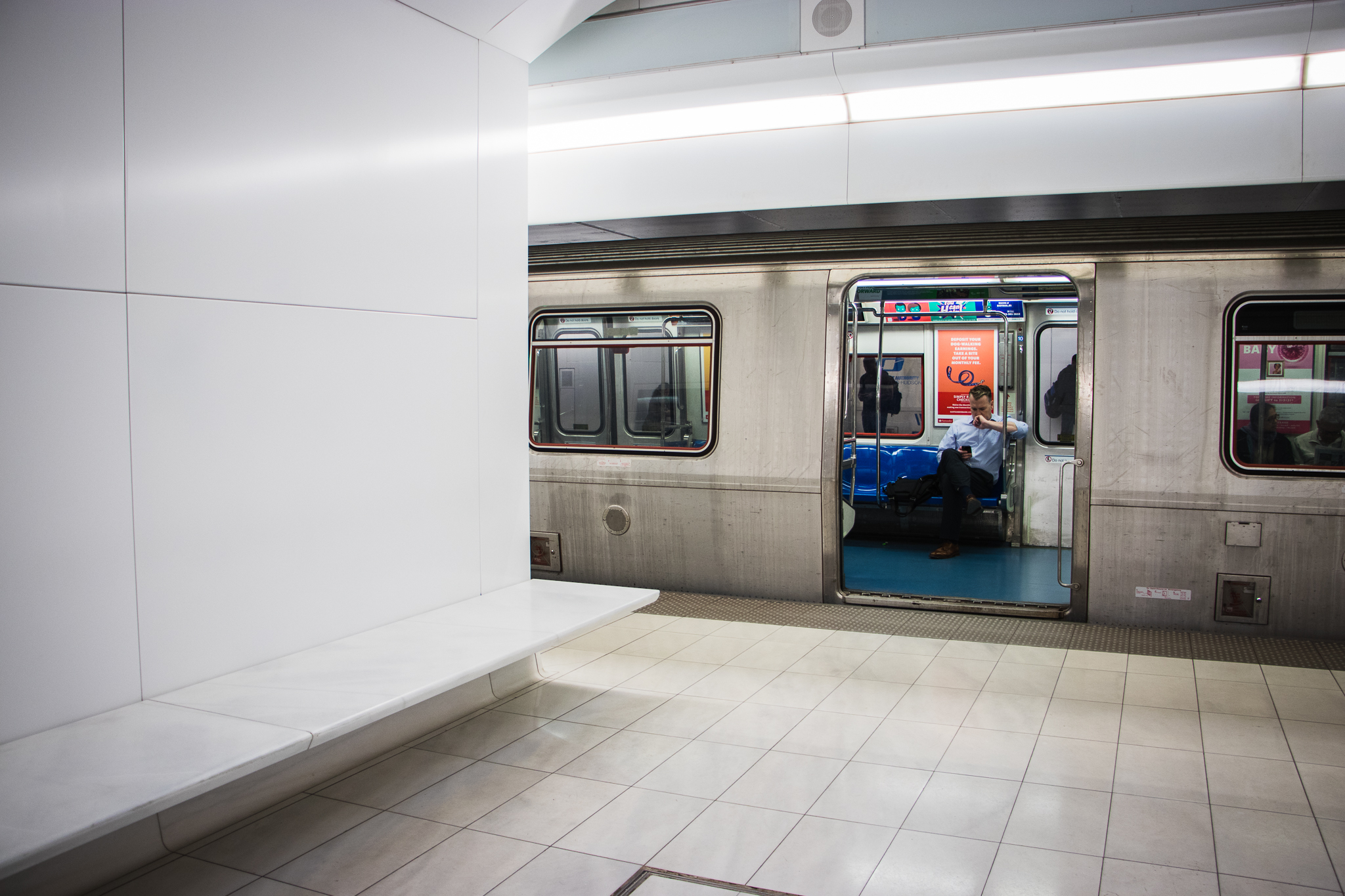
So you’ve been taking pictures with a point-and-shoot or your smartphone for a couple years, and you’ve decided it’s time to upgrade to something more serious. But the high-end camera world is full of confusing terms, acronyms and numbers. What should you do if you just want a good entry-level DSLR?
After a few days of playing around with it, I recommend Canon’s new Rebel T7i. It has everything a modern entry-level DSLR ought to, including an articulating touchscreen, a 24.2 megapixel sensor, lightning-quick phase-detection autofocus, wireless connectivity and more. The resulting images are what you’d expect with a camera in this price range (great, but not heart-stoppingly excellent), as is the build quality (comfortable and grippy, but not up to serious abuse.)

But for newcomers, the standout feature on the T7i is Canon’s new user interface. Called the “Feature Assistant,” it’s designed to translate terms like aperture, shutter speed and ISO into plain English. Put the T7i in Aperture Priority mode, for instance, and you’ll get a screen explaining that a wider aperture will deliver creamy background blur goodness for portraits. Flip it over to Shutter Priority, and it’ll show how a faster shutter can freeze action, useful for your kid’s soccer game. And so on. A variety of the typical pre-set scenes, like “portrait” and “landscape,” are also available.

Purists might scoff at such photographic training wheels. But it’s about time camera makers did something to help beginner shutterbugs get used to their shiny new gear. And once a T7i owner is comfortable going it alone, they can turn off the Feature Assistant, taking off the training wheels with a newfound sense of photographic confidence.

At a price of about $850 for the camera body and basic kit lens, the T7i isn’t particularly cheap. Buyers on a budget would do well to consider the older Canon Rebel T6, which can be had for around $450 as a bundle (but you won’t get the nifty new Feature Assistant.)

Canon isn’t the only camera company in town, of course. If you’d prefer Nikon, the D3400 is a good entry-level option. If you think you might like something smaller with old-school appeal, there’s the Fujifilm X-A3. That’s a mirrorless camera, not a DLSR, but it’s still excellent (here’s a great explainer on the difference.) And if you want something compact yet high-performing, check out the Sony a6000, also a mirrorless model.

How should you choose between those options? My advice is to head to your local camera store, try them all out, and see which feels best in your hands. Another factor worth considering: If you’ve got a friend or family member with a wide collection of lenses for a particular camera brand, it might be worth getting a camera of that same brand so you can borrow his or her gear. Just make sure to give it back in one piece!
Buy now: Canon T7i, $850, Amazon
Correction: The original version of this article misstated which aperture setting will result in creamy backgrounds. It is a wider aperture, not a smaller aperture.
More Must-Reads from TIME
- Breaking Down the 2024 Election Calendar
- How Nayib Bukele’s ‘Iron Fist’ Has Transformed El Salvador
- What if Ultra-Processed Foods Aren’t as Bad as You Think?
- How Ukraine Beat Russia in the Battle of the Black Sea
- Long COVID Looks Different in Kids
- How Project 2025 Would Jeopardize Americans’ Health
- What a $129 Frying Pan Says About America’s Eating Habits
- The 32 Most Anticipated Books of Fall 2024
Contact us at letters@time.com